While the world’s richest country suffers the excruciating luxury of debating whether four blood clots in a million vaccinated people are four blood clots too many, countries in the Third, Fourth, and possibly Ninth Worlds (to call a spade a spade and assign them their actual value in the minds of the rulers of the vaccine-and-resource-unequal world of the last 6 months) are starving for food and vaccines—and oxygen, Remdesivir, ventilators, hospital beds, and trained medical staff, all of which India (and many other countries) desperately need. And President Biden grudgingly agrees to part with a highly suspicious and possibly jinxed fraction of an Astrazeneca vaccine stock that the US will probably never use (already, some states are overstocked with the three premium vaccines and are refusing further vaccine shipments).
This is really so selfish it embarrasses me, as a naturalized American and a humanist. Yesterday, I shared food with a Dutch couple, telling them, “What’s yours is mine, and what’s mine is yours. There’s no difference: we’re all versions of the others.” As a result, all three of us ate better: they ate some of my food, I ate some of theirs. Isn’t this an idea whose time has come? Hasn’t India, for example, shared its medical manpower (trained in its best medical colleges using precious national resources) with many of the richest Western countries, including the US and the UK?
Though Indian by birth and an Indian for a significant part of my life, I became naturalized as an American. And like thousands of Americans, many of them senior citizens like me, and by an accident of multiple circumstances, I have found myself in Cambodia for the last few years, meaning to write my books here, where I follow American and international issues thanks to a New York Times subscription and fairly good internet connections. Medical facilities here are minimal compared to size of the population, but strangers smile at you (sometimes), the winters are kinder, and the living is more affordable. But in the last 12 months (since March 2020), though needing specialized medical care, I have been unable to return to the U.S. simply because the coronavirus pandemic was far deadlier in the U.S. than in Cambodia, and the 27-hour trip from Phnom Penh to Rochester, New York, presented a heightened and unacceptable risk of infection.
For most of the last year, Cambodians were quite proud how infections had been kept low by smart management: Just around 500 cases in a whole year, and not a single death. Any visitors coming in from anywhere at all were required to quarantine for 2 weeks in government supervised quarantine hotels.
Then four Chinese visitors, at least one a superspreader, escaped a quarantine hotel by bribing the guards, and then embarking on an enormously hyperactive social life that included visits to apartments and clubs. Thus started a community transmission that began on February 20, 2021. Since then, we’ve added over 18,000 cases in less than two months, and 114+ deaths [updated May 5], and the numbers keep rising.
One year earlier, in March 2020, I had been scheduled to leave for New York to undergo some medical procedures, when the coronavirus pandemic struck an unprepared New York State, resulting in overflowing hospitals and morgues, with no space available for elective surgeries. I postponed my flight to June 2020, but the situation was not much better then, so I canceled the flight. In February, 2021, the Cambodian pandemic suddenly took a turn for the worse, while the US, with mass vaccinations, began to turn the tide.
Then, on March 2, 2021, a planeload of the Oxford Astrazeneca vaccine arrived in Cambodia—from India, which at the time was proudly exporting or donating vaccines to other countries, not knowing its own hyper-crisis was just around the corner. On March 4, the Prime Minister received the first shot and set in motion a vaccination program whose initial goal was to vaccinate senior citizens, Cambodians as well as resident foreigners.
After two and a half weeks of hope, uncertainty, confusion, stress, and failed attempts, I managed to get my first jab of the Astrazeneca vaccine in Cambodia.
15 days later, I felt much safer, at least against severe disease and death.
My guess is that there are at least 5,000 of us American expats in Cambodia who would have been eligible for vaccination in the US, but can’t get it (the Astrazeneca vaccine, far more preferred and proven than the Chinese vaccine) here because there is not enough of a vaccine supply for the locals. But, if the U.S. maintains a huge military establishment abroad partly to protect US citizens, including those abroad, wouldn’t it be much cheaper to have vaccines shipped to the Embassies of countries where such vaccines are difficult if not impossible to get? And have vaccination outposts at which they could be vaccinated? It would be much less traumatic for many a 75-year-old who has spent years outside the U.S. and doesn’t wish to make an expensive trip home just to get vaccinated, but in the process costs the American exchequer for his/her other needs—say, a hospital admission he is unable to pay for. Accompany these vaccine shipments to embassies with ten times the number as a donation to the host nations, which sometimes are generous to foreigners at the expense of their own citizens, and perhaps the host nations might themselves undertake the vaccinations.
In any case, it’s time for America to clearly change its slogan from “America First” to “Humanity First.” The equality of human lives is a principle I advocate not just for the United States, but for all humanity. It cannot be that Indians, despite their mistakes, should suffer so horrifically while America and Europe pause a vaccine merely on the basis of rare blood clots.
And, incidentally, the CDC should approve the Astrazeneca vaccine (which probably has, because of its nonprofit price model, been targeted by the US pharmaceutical giants) as well as suggest that one million doses be reserved for Americans who are returning from abroad and need a second shot of the same vaccine. But please, oh, please, don’t sit on vaccines that you don’t plan to use.

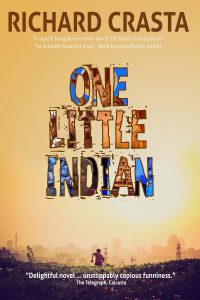
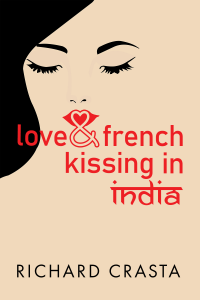

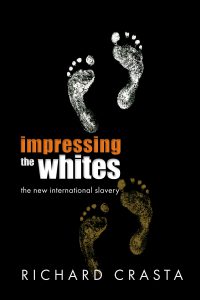
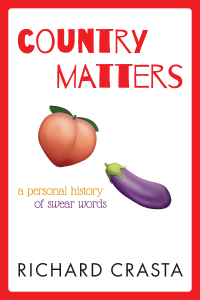

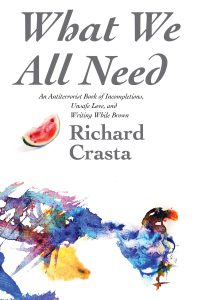
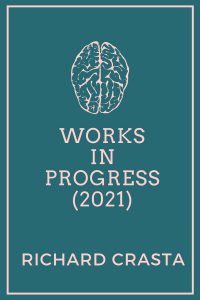


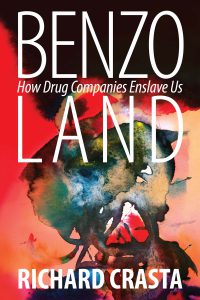
wWpfQEla
February 8, 2024 - 6:57 pm ·QhBkNKTnaXoCms
Richard Crasta
May 11, 2024 - 3:54 pm ·Thank you, Barry Fruchter!